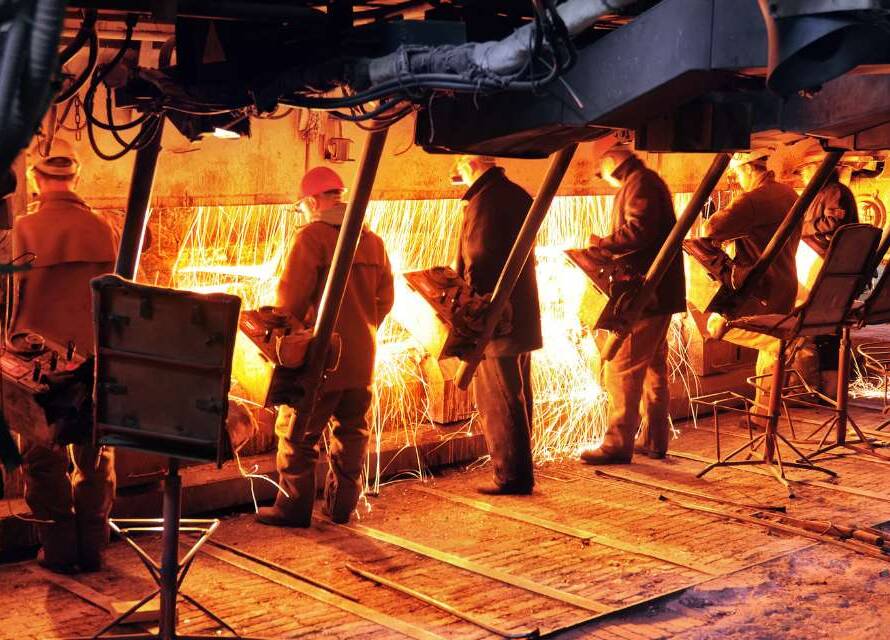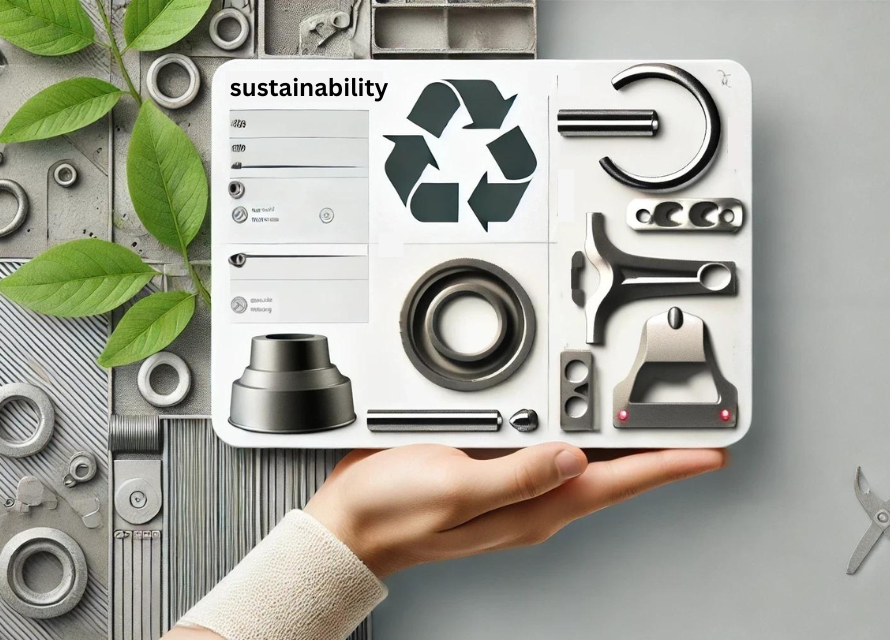In the digital age, industries are leveraging advanced technologies to optimize processes and enhance efficiency. The casting foundry industry, a manufacturing cornerstone, is no exception. Utilizing real-time data, advanced monitoring, and automated processes, foundries are achieving improved efficiency and quality. The integration of the Internet of Things (IoT) is driving this transformation. Let’s explore how IoT is revolutionizing casting foundries with insights from recent research and developments.
Transitioning to Smart Foundries
The traditional casting foundry industry is no stranger to challenges such as defects in castings, high production costs, and inefficiencies in monitoring and controlling processes. IoT offers solutions to these problems, driving the transition towards smart foundries. In a study about mold temperature monitoring and casting simulation, researchers found that utilizing Autocast_X1 software and low-cost IoT solutions allowed for real-time temperature monitoring, significantly reducing defects like sand drops, cracks, and shrinkage cavities. This approach not only improved product quality but also reduced the need for supervisor intervention and saved time.
Enhancing Monitoring and Data Utilization
Continuous monitoring is a critical component of IoT applications in foundries. In a study on IoT-based online monitoring systems for continuous steel casting, researchers found that such systems could continuously gather sensory data, including temperature and pressure, providing abundant information for real-time monitoring and decision-making. This system addressed the challenges of heterogeneous data and multiple communication protocols, ensuring seamless operations in industrial environments. The implementation of this system demonstrated significant improvements in operational efficiency and decision-making capabilities.
Another significant advancement is found in a study on IoT-based stir casting systems for aluminum Metal Matrix Composites (MMC). Researchers analyzed casting parameters and their performance, finding that IoT-enabled data collection and analysis significantly enhanced the efficiency and quality of the casting process. This system ensured more consistent and high-quality outputs by effectively utilizing the collected data.
Implementing Cyber-Physical Systems for Quality Control
Quality control in casting processes can be vastly improved with the implementation of cyber-physical production systems (CPPS). In a study on CPPS for metal casting, researchers designed a framework that integrated IoT, artificial intelligence, and simulations to predict internal defects immediately after production. This system saved unnecessary time and resources by reducing the amount of inputs into subsequent stages, such as machining processes. The study demonstrated that CPPS significantly enhanced quality prediction and operational control, contributing to more flexible and efficient production schedules.
Advancing Automation in Molding Processes
Automation is another frontier where IoT is making significant strides. In a study on IoT-based interface devices for automatic molding machines, researchers developed a system that improved the interaction between machines and human operators. This system utilized sensor networks and cloud computing to store and analyze data, enhancing the control and efficiency of molding processes. The study found that such innovations are critical for the evolution of smart foundries, minimizing manual interventions and maximizing efficiency.
As a U.S.-based company with 30 years of experience, Source Machining Specialties specializes in helping U.S. manufacturers with their manufacturing needs in India. We’re so confident in our Indian production facilities that we invite you to a site audit at our expense. Discover more about our capabilities and services, and let’s start a conversation.



